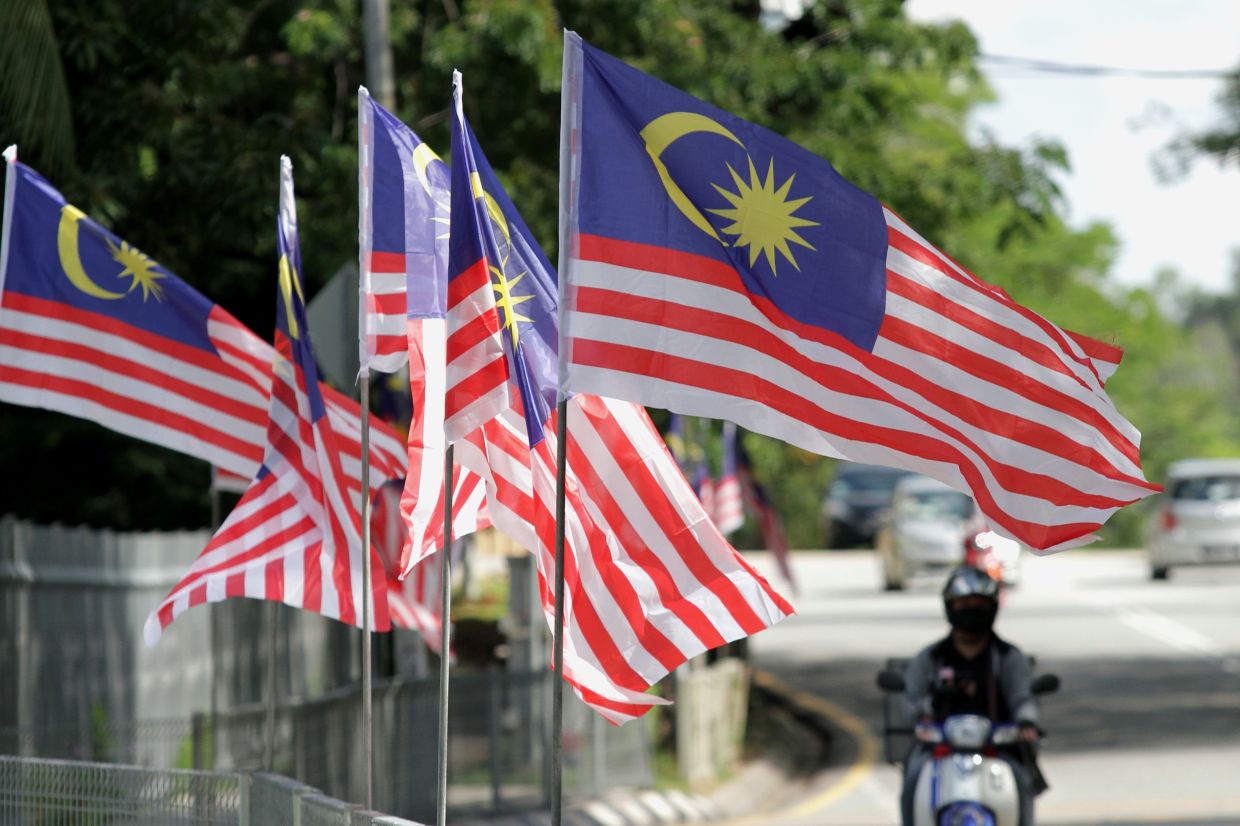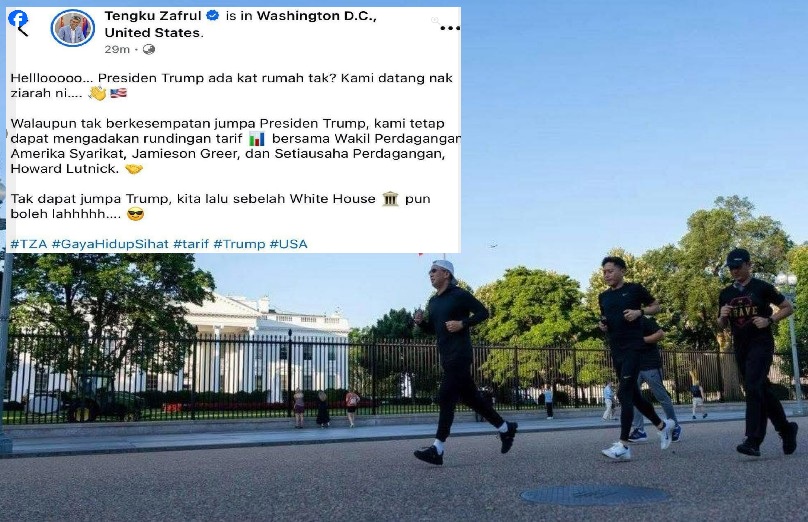WITH the upcoming Budget 2025 and the government’s need to boost fiscal revenue whereby a new tax system might be introduced, the reinstatement of the Goods and Services Tax (GST) is the most direct and structured solution, said MCA.
According to its Economic and SMEs Affairs Committee chairperson Datuk Lawrence Low, Malaysia’s GST return should start at a rate below 4%, allowing the public time to adjust.
“This could reduce the national deficit by 3% to 5%, revitalise the stock market, and drive long-term growth,” he noted in a statement on Thursday (Oct 10).
“Many businesses support a lower GST rate and propose a 6-to-12-month preparation period, along with a streamlined GST refund system from the government.”
On the anticipated changes to the RON95 petrol subsidy, Low said the issue is a key concern affecting everyday Malaysians and must be handled carefully.
“The government must phase out subsidies gradually, preventing sharp price increases that could heavily burden the people. A one-time removal risks triggering social issues across the board,” the MCA vice president stressed.

As for the minimum wage which is currently set at RM1,500, the committee recommended a phased approach to any increases to reduce the strain on small and medium-sized enterprises (SMEs).
Low said tailoring the minimum wage based on state or business size may also help balance business viability and employee welfare, especially in slower economic regions.
“Our Committee also calls for extending the full rollout of the electronic invoicing system to 2027, giving small businesses more time to adjust,” he continued.
“We suggest raising the exemption threshold from RM150,000 to RM500,000, allowing voluntary participation and gradually narrowing the scope until it is fully implemented.
“As Chairman of the MCA Economic and SMEs Affairs Committee, I also emphasise the concerns of SMEs, which have long encountered policy uncertainties. Frequent policy changes heighten operational costs and undermine business confidence.
“We urge the government to improve the business environment through tax reductions, incentives, simplified loan and tax processes, and better access to low-interest loans and financing.”
Low acknowledged that while attracting foreign investment is important, the government should also protect local businesses’ competitiveness.
“The government should ensure that foreign companies create local jobs, transfer technology, and prevent market monopolisation. Expanding exports through foreign investments would also bring long-term benefits,” he reckoned.
On talent development, the committee further called for strengthening technical and vocational education (TVET) to address the talent shortage, especially in high-tech and innovation sectors.
Collaboration between industries and educational institutions will ensure businesses have access to skilled workers.
Meanwhile, the committee stated its opposition of new tax systems in Budget 2025 including the proposed inheritance tax, saying an inheritance tax could lead to premature asset transfers to evade taxes, potentially causing societal issues such as elderly abandonment.
Additionally, wealthy individuals may transfer assets abroad, negatively impacting the economy.
“We believe this tax would be unfair to homebuyers, particularly those investing in real estate for their children,” Low added.
“Finally, the government must address the needs of low-income groups outside the civil service.
“Currently, the Welfare Department provides only RM500 monthly to vulnerable groups, such as the elderly and disabled, which is insufficient given rising living costs. We propose increasing this assistance to RM1,000, depending on the nation’s fiscal capacity.” – Oct 10, 2024
Main image: The Star









